The pandemic seems far away, and yet far too close. In the aftermath, a lot has changed, especially in wellness and healthcare. It reignited debate about simpler holistic solutions for our physical and mental health. At the Soul Festival at Soneva Fushi in Maldives a couple of months ago, an engaging panel of global wellness experts shared their collective thoughts on the new paradigms for society — from nurturing a sense of community to gut health to deconstructing stress. These are key topics today as we ready for a new year, with fresh opportunities for good choices to be made. Excerpts from a few free-wheeling conversations.
Photographs by Rohit Chawla
Gaia Vince
Freelance British environmental journalist, broadcaster and non-fiction author who writes for The Guardian and the BBC Online. Her latest book is Nomad Century (2022) — a clarion call to the human race to reflect on climate change.
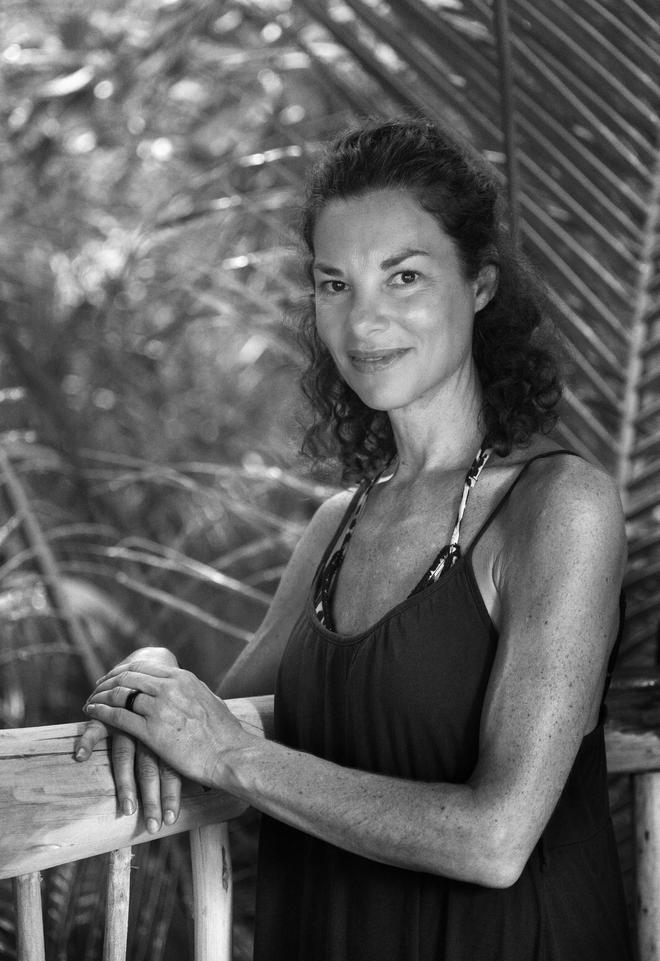
Climate migration: “I write about environmental issues, but I’m particularly interested in how human systems interact with the Earth’s planetary systems and, looking to the future, how we can make this a much more sustainable process. Because we’re out of whack at the moment.” In her book, Vince addresses the effects global warming will have on emigration — how it will force billions from their homes as countries become uninhabitable. “You will be among them, or you will be receiving them,” she writes in Nomad Century.
Missed opportunity: “During COVID, we recognised how important certain roles that are not valued by our economic system are to our health and well-being, such as social care, community, jobs like nursing, school teachers. Post COVID, there has been a rush to normalise, to go back to how things were. I think what we were all shown about what was important in life, that was an opportunity to reset society and make sure we invest more in the social jobs and sense of community that are so important to well-being and health. It’s an opportunity that people haven’t grasped.”
Emeran Mayer
Gastroenterologist, neuroscientist, and a professor (departments of medicine, physiology and psychiatry) at the David Geffen School of Medicine, University of California.
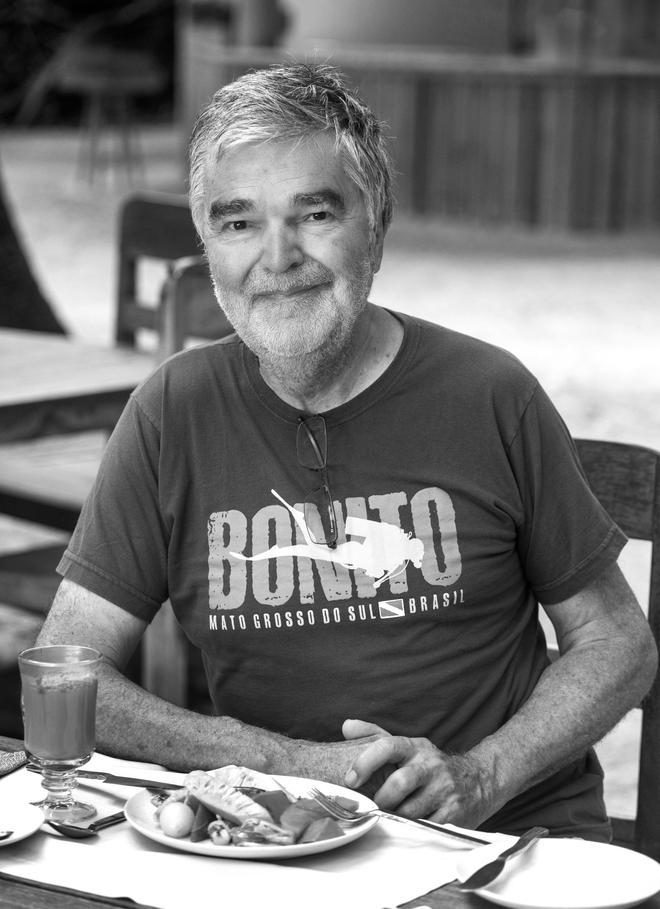
Stay prepared: “I think the main thing we have to think about is why it [COVID 19] happened and who had the most severe course. 70% of the immune cell traffic goes through the gut, so the exchange between diet, the microbes, and our gut-based immune system is one of the key mechanisms to prevent infections in the future.
What works: “People think that if they pop a supplement every day it’s good for the immune system. I have a very restricted view on them. The system is so much more complex and we must understand the interface between what goes on in your mind — both with stress and meditation — and what goes on in your gut.
“Food is a big portion, but it’s the other lifestyle factors that influence our gut health. I restarted meditating and found it incredibly healing. I find mind-targeted techniques like meditation and sensory deprivation tanks activate our default mode system, which people never access because there’s constant chatter in the brain. I think this is going to be a big part of health enhancement in the future.”
Jo Marchant
New York Times bestselling author and speaker, and former editor of the science journal Nature. Her latest book is The Human Cosmos (2020).
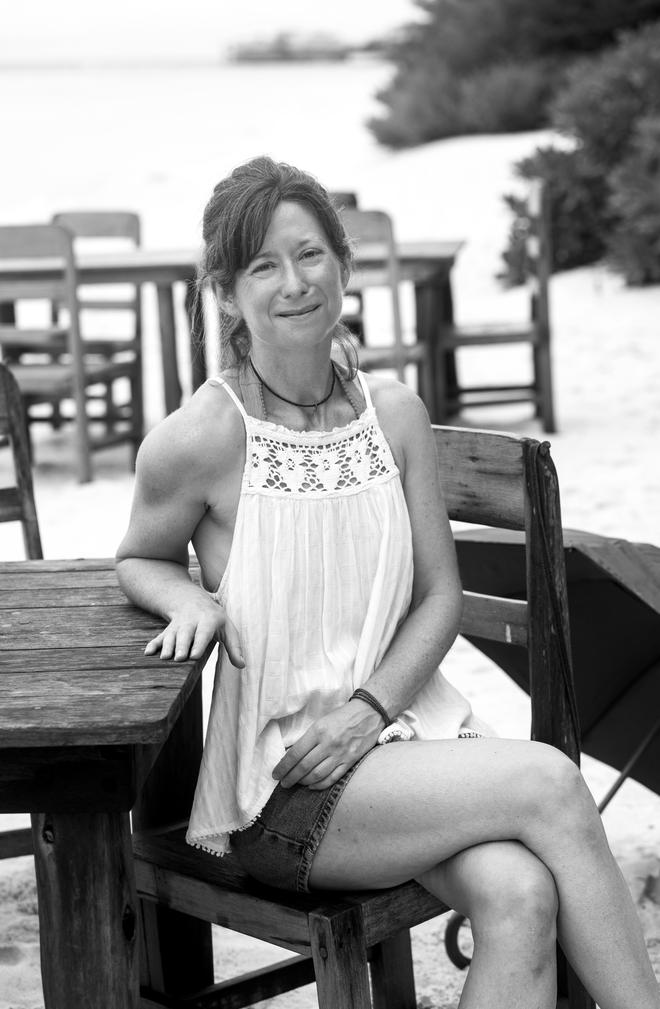
Future of medicine: “There are a couple of new processes that may change the future of medicine. Neuroimaging has been really important in understanding the impact of things like mindfulness and social connection. We can now use it to see exactly how that’s altering brain chemistry — and realise how belief in a treatment is creating many of the same physical changes in the brain as drugs (like a painkiller). Virtual reality is also really interesting. There’s a lot of work on the use of virtual worlds — ice canyons, moonlit forests or undersea scenes — for reducing or replacing the use of drugs for pain. It convinces the brain that you’re in this distant safe place so it downplays those pain signals. I travelled to rural Mexico where they had a field clinic. They didn’t have medical equipment and were doing minor surgery by giving patients VR headsets.”
Libby Weaver
Nutritional biochemist, bestselling author, and founder of the food-based supplement range, Bio Blends.
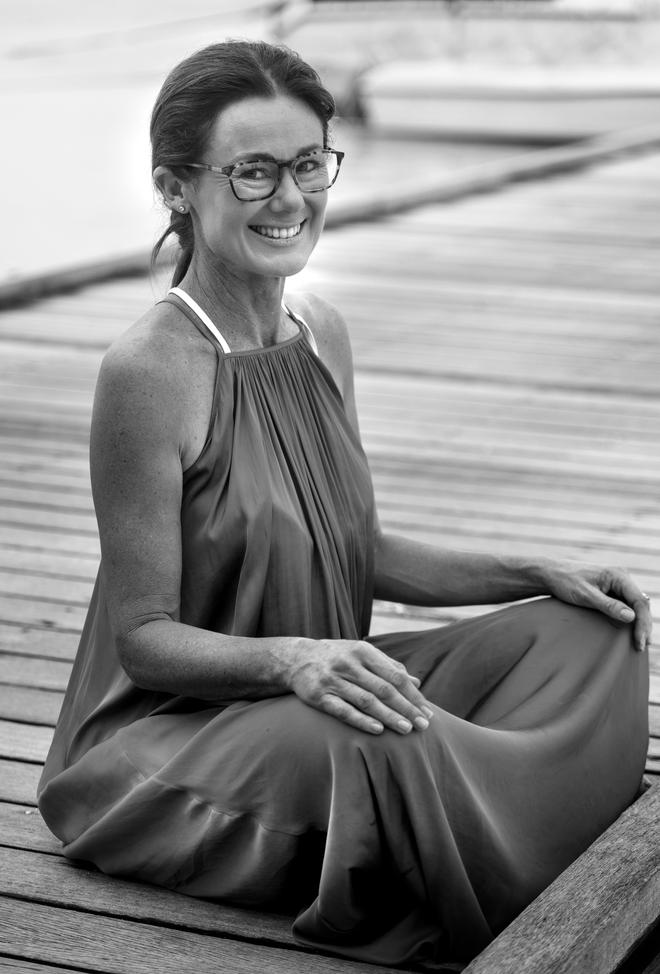
A simple switch: “For too long we’ve been told to manage our stress and I don’t think that’s working out very well for people. What actually leads us to make [stress hormones] adrenaline and cortisol is not things like caffeine, it’s our perceptions of pressure and urgency. It’s our worrying.
We can change the way we think if we understand that in the brain we have two thought systems. The original one helps to keep us safe and it runs on patterns and associations, but it’s unconscious. We also have a thought system that has the ability to apply reason and logic, but it’s a lot slower to act. So, let’s say your boss arrives at work and they didn’t say hello. A lot of people would create a story that they’re about to get fired or yelled at. When that happens, you can choose to interrupt it and switch to thought system two. Instead of discipline, we often only need to change the belief that’s leading to poor lifestyle choices.”
Louie Schwartzberg
Award-winning cinematographer, director and producer. His theatrical releases include Mysteries of the Unseen World with National Geographic, and Fantastic Fungi.
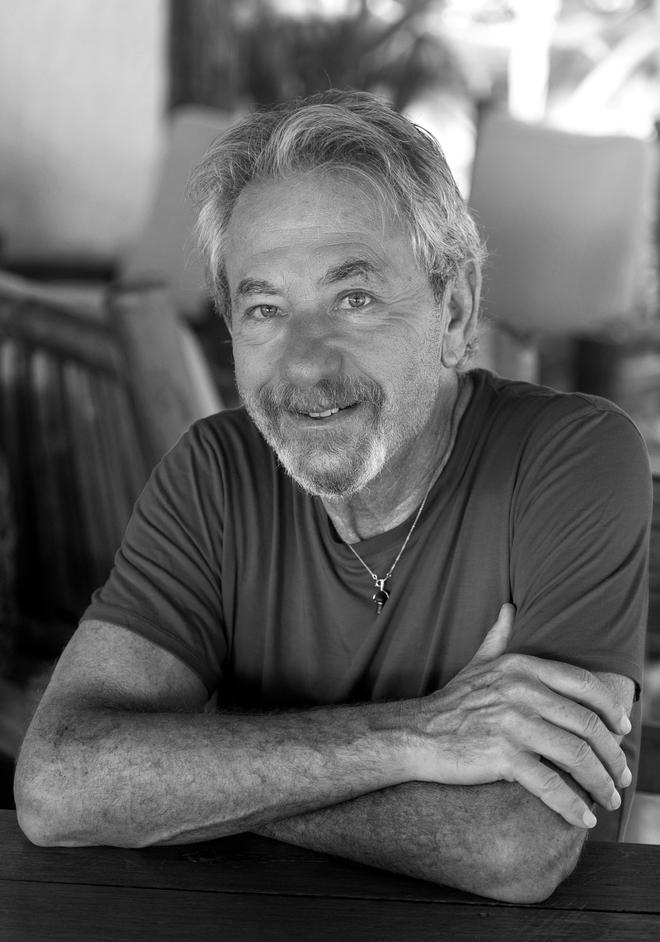
A Blue Zone lesson: “Slowly, everybody is waking up to the fact that we have to live in harmony with nature. I do time-lapse photography every morning in my studio. I always check the flowers [in the garden]. That’s my practice. All the places around the world where people live the longest, the Blue Zones, they all start their day by going into the garden and looking at the flowers before they have coffee and tea.”
Notice the “little guys”: “Appreciating the little things in life changes your value system. It also coincides with my belief in environmental consciousness. It’s the little guys — the fungi, the bees — that make the world go round. Where soil is created, how plants grow, that is the foundation of life. And that is something we have to be more conscious of so that it doesn’t disappear. Everything is connected and now science can show you actual data that it’s connected. In my movie, we show a mother tree that can communicate with its baby sapling. It’s no longer a new-agey hippie thing. I think having that kind of respect for all living things changes your worldview. And then you become a more compassionate human being.”
Luke Coutinho
Bestselling author and founder of Luke Coutinho Holistic Healing Systems.
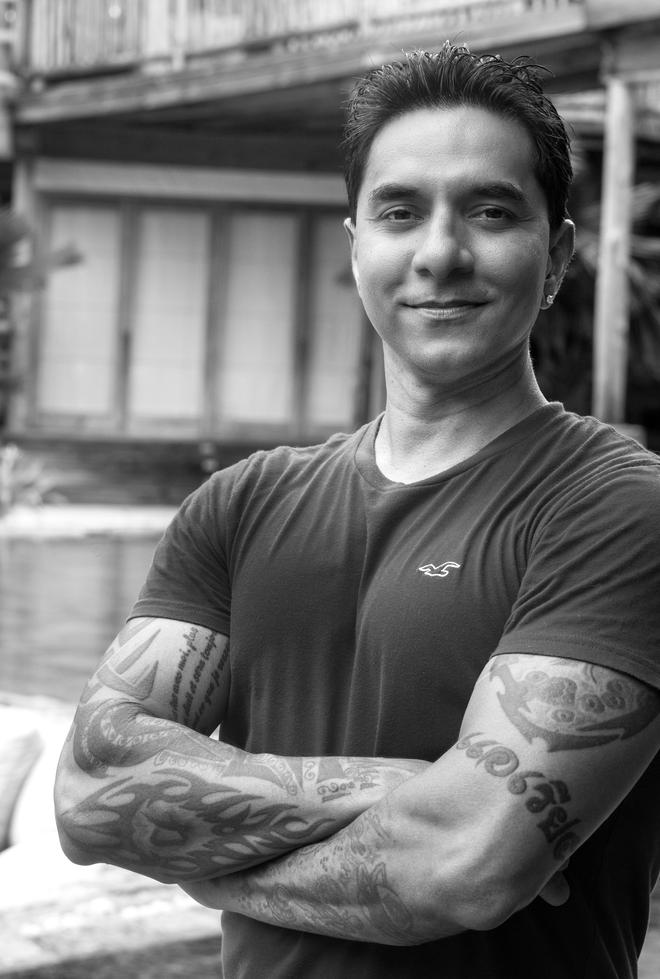
Social media fads: “An advice I give regularly is to be very wary about diet fads one sees on social media. Fads are short lived, they are not sustainable, and they can be dangerous. You need to use logic. Social media is not the best way to get credible information. Sure, learn something, but then go to the experts and check with them. For example, intermittent fasting. It’s a way of living. If you have lunch at two and the next meal at six, you are fasting for four hours. Intermittent fasting is only increasing that gap. What turns it into a fad is putting people in a box saying everyone should do 16/8. Why not 15? Or 17? Similarly, low carb diets are not a fad. It’s a way of eating. If you have a metabolic illness, low carb is primary for you. But if you’re an athlete, you’re going to have to be high carb. These are fundamentals of health. They should not be turned into fads.”







